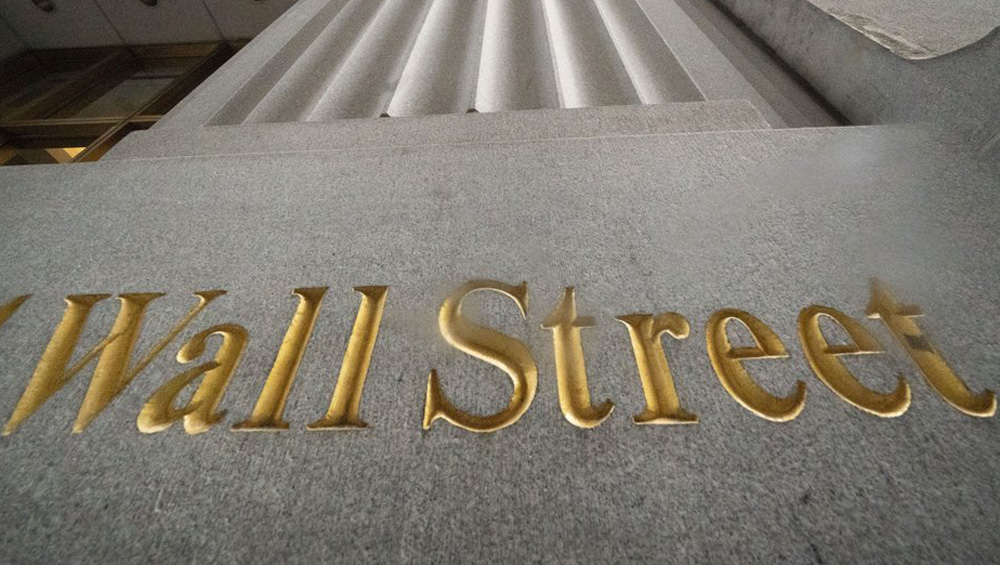
Dow Adds 84, Nasdaq Gains 41, S&P Rises 4

Stocks drifted to a mostly higher close Friday following a strong report on consumer confidence and a boost to hopes that the Federal Reserve is finished with its aggressive interest rate hikes.
The S&P 500 edged up 0.1% after hovering between small gains and losses. The benchmark index is on track to close out November with its strongest monthly gain of the year.
The Dow Jones Industrial Average rose 0.2% and the Nasdaq composite eked out a 0.3% gain.
Gains in technology stocks, retailers and other sectors helped temper declines elsewhere in the market. Microsoft rose 1.1%, Tesla climbed 4.5% and Best Buy rose 2.4%. GE Healthcare Technologies was among the biggest decliners, closing 4.2% lower.
All told, the S&P 500 rose 4.46 points to 4,554.89. The Dow added 83.51 points to close at 35,416.98, and the Nasdaq gained 40.73 points to 14,281.76.
Bond yields fell. The 10-year Treasury yield, which influences mortgage rates, slipped to 4.34% from 4.39% late Monday. The yield on the two-year Treasury, which tracks expectations for Federal Reserve action, fell significantly, to 4.73% from 4.89% late Monday.
U.S. crude oil prices rose 2.1%.
Investors are closely watching several economic updates this week for more clues about how consumers feel and whether the rate of inflation is still easing. They are betting that the Fed will continue to hold its benchmark rate steady. That sentiment was reaffirmed Tuesday by Christopher Waller, a member of the Fed’s Board of Governors.
“I am increasingly confident that policy is currently well-positioned to slow the economy and get inflation back to 2%,” Waller said in a speech at the American Enterprise Institute, a Washington think tank.
The Fed will meet again in December to update its interest rate policy. The central bank had been raising rates to push the rate of inflation back down to 2% and has been closing in on that goal. Inflation has plunged from a peak of 9.1% in June 2022 to 3.2% in October.
Wall Street is also increasingly betting that the Fed could start cutting interest rates from their highest level in two decades by the middle of 2024.
The central bank has been working to lower rates while trying to avoid a recession in what is referred to as a “soft landing” for the economy. The latest economic data adds to hopes for that outcome.
Consumer confidence remains strong heading into the holiday shopping season. The Conference Board’s November consumer confidence survey released Tuesday topped analysts’ forecasts. Consumer spending accounts for around 70% of U.S. economic activity and it has remained a bulwark against slower economic growth.
“Signs of a resilient consumer keep a soft landing possibility in play,” said Ed Clissold, chief U.S. strategist at Ned Davis Research.
On Thursday the government releases its October data on the Fed’s preferred measure of inflation. Economists expect that measure to continue easing, as it has been since the middle of 2022. The loosening grip from inflation and a resilient economy have raised hopes that the Fed might finally be finished with raising its benchmark interest rate.
That has helped fuel a rally on Wall Street. The benchmark S&P 500 index is up 8.4% in November, on track for its biggest monthly gain of 2023. Every major index is headed for a solid November gain.
“The challenge has been that, related to bonds, stocks are fairly expensive,” Clissold said. “Now, with yields coming down, that’s no longer the case.”
Wall Street is mostly finished with the latest round of corporate earnings, though there are still several large companies on deck to report their most recent financial results. TurboTax parent company Intuit, Hewlett Packard Enterprise and tech company NetApp will all report their results after the closing bell.
AP Economics Writer Christopher Rugaber and AP Business Writer Matt Ott contributed to this report.





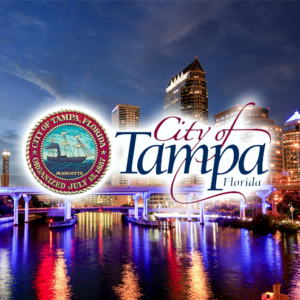

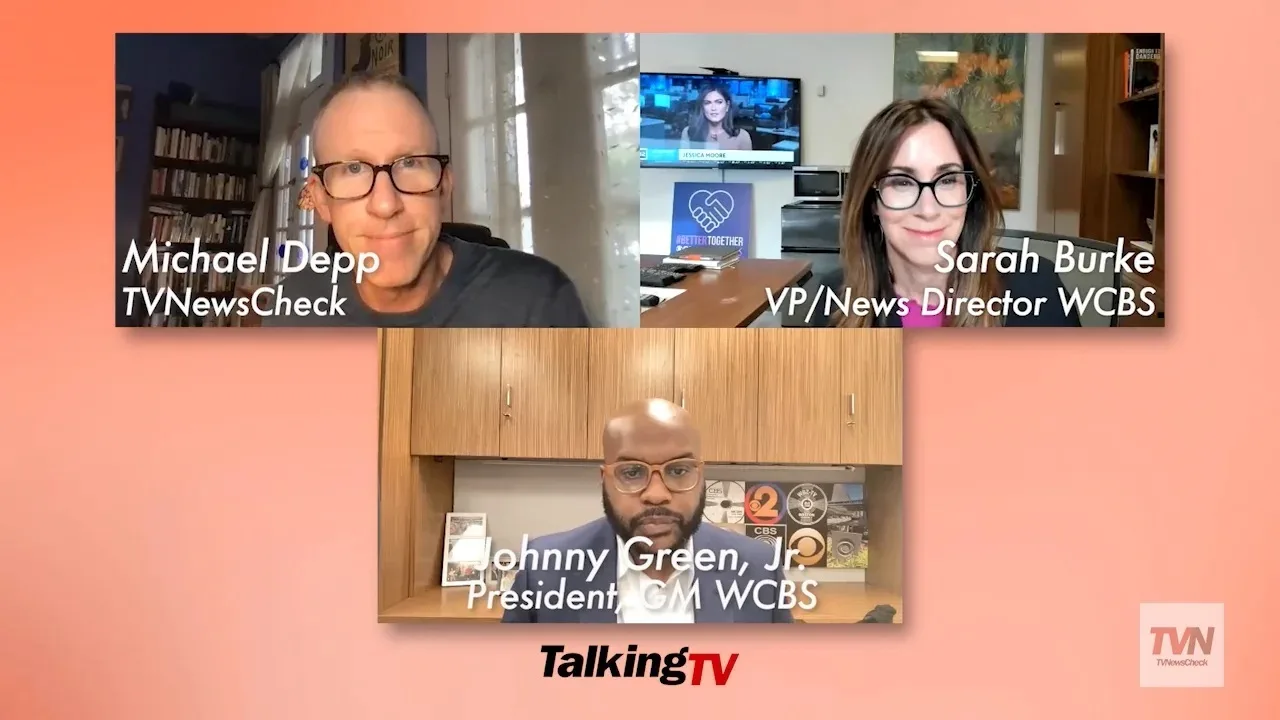
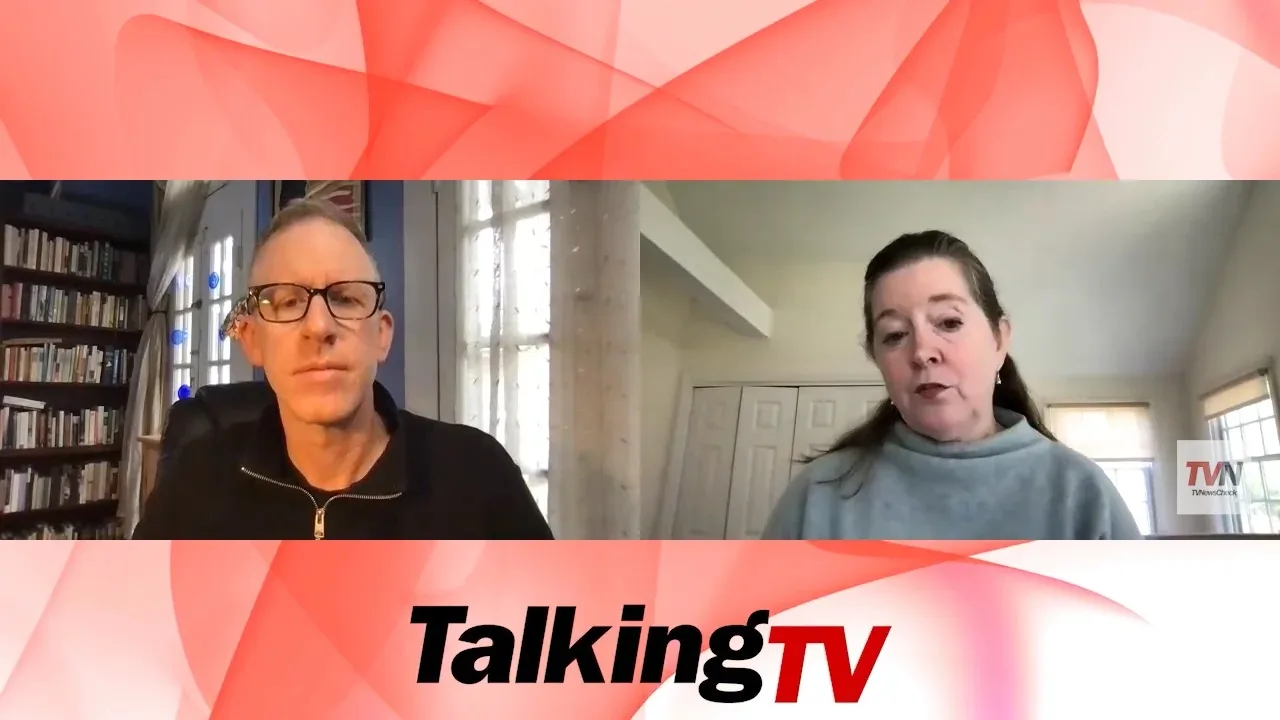


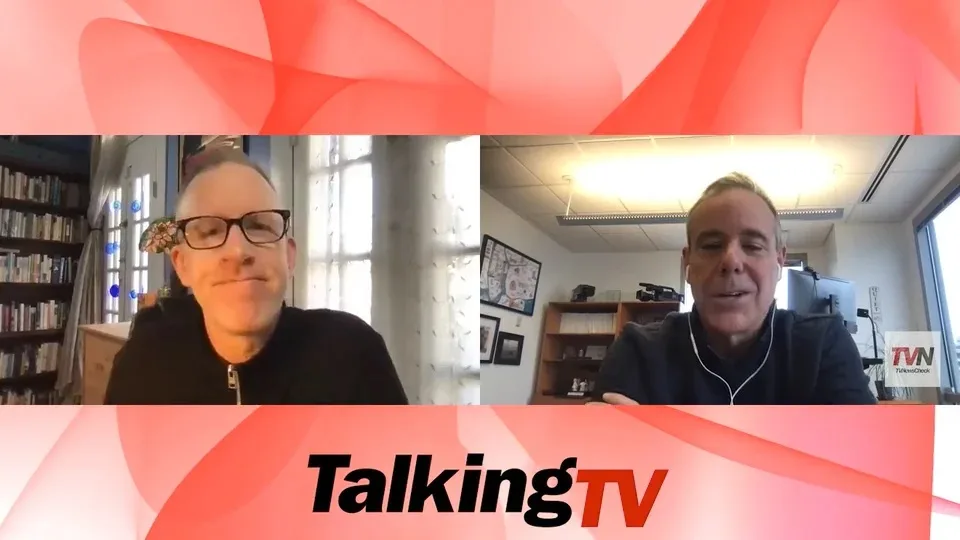

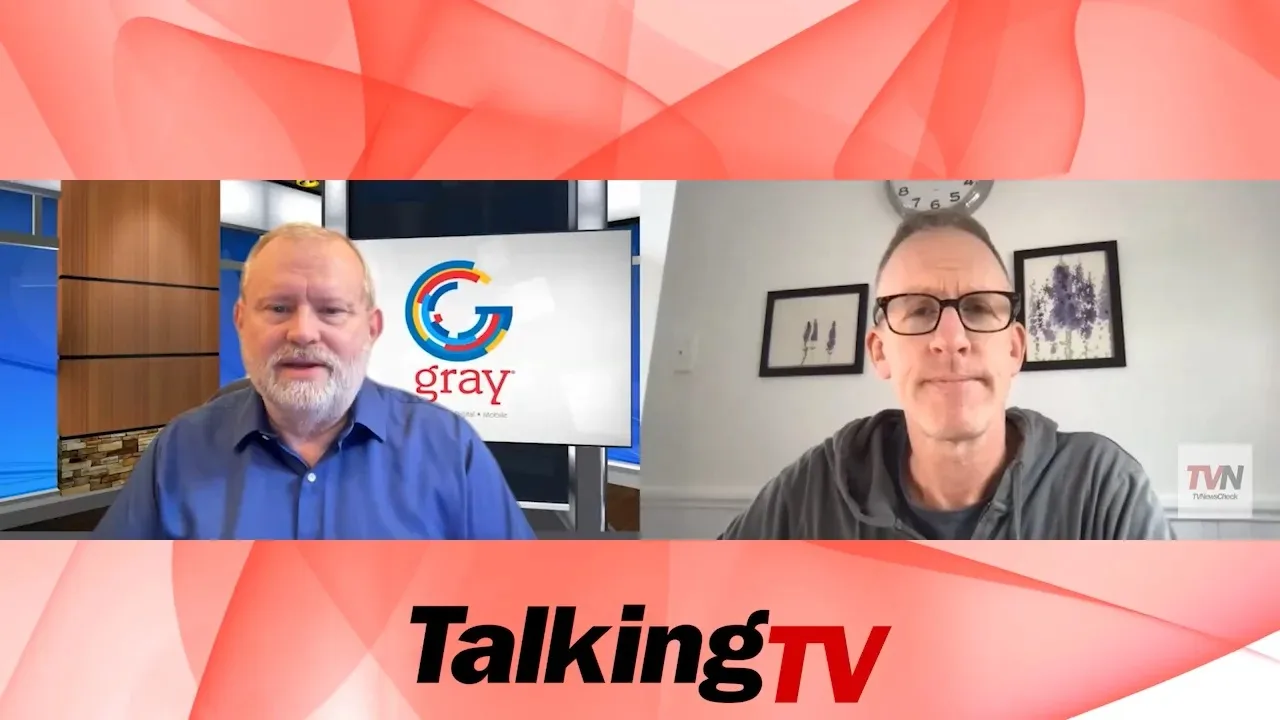

















Comments (0)